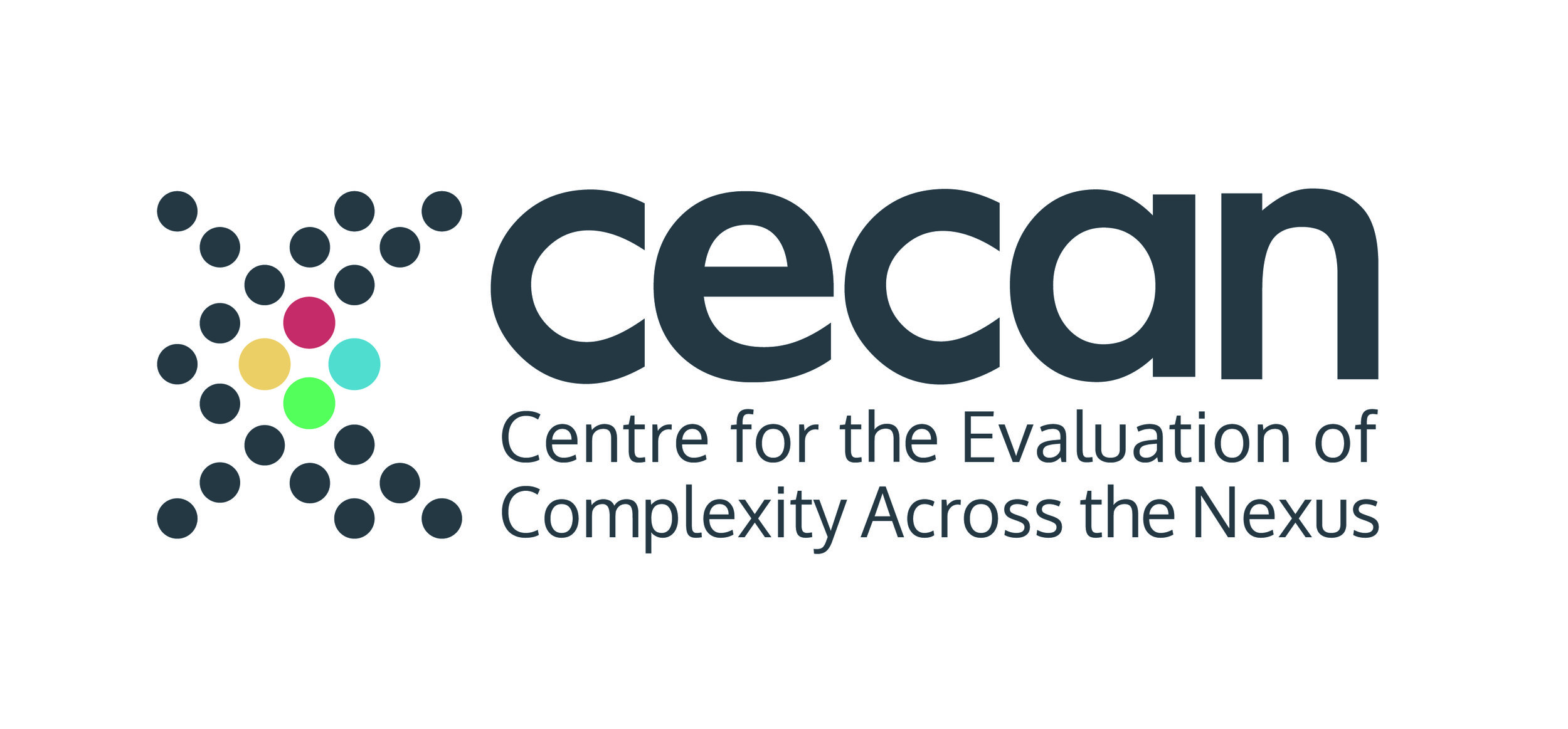CEP commissioned to review and update the knowledge base related to global megatrends
CEP has been commissioned to lead the fourth Specific Contract, let under the CEP-led framework service contract for the European Environment Agency (EEA), to provide Assistance to the consolidation and update of the knowledge base on global megatrends and resource nexus in support of SOER 2020. CEP is also leading a specific task in this project to review and consolidate the knowledge base underlying EEA’s global megatrends. This specific task is linked to other tasks being led by Futureline / SEI Stockholm (development of the knowledge base underpinning the concept of “resource nexus” within European consumption and production systems), and the University of Barcelona looking at the analysis of the resource demand implications associated with long-term trends and the synergies and trade-offs between selected European policy frameworks.
The CEP task draws on previous work by CEP on reviewing and updating GMTs and understanding their implications at the national and regional level in Europe. This fourth contract provides an opportunity to bring together a number of key forward looking analyses and to develop an understanding of resource use and policy interactions and trade-offs in support of SOER 2020.
For more information on this project please contact Owen White or Rolands Sadauskis.
CEP's Owen White is also the overall Framework Contract Manager and can provide general information on the framework. CEP's Dr Bill Sheate is the Framework Contract Director.




